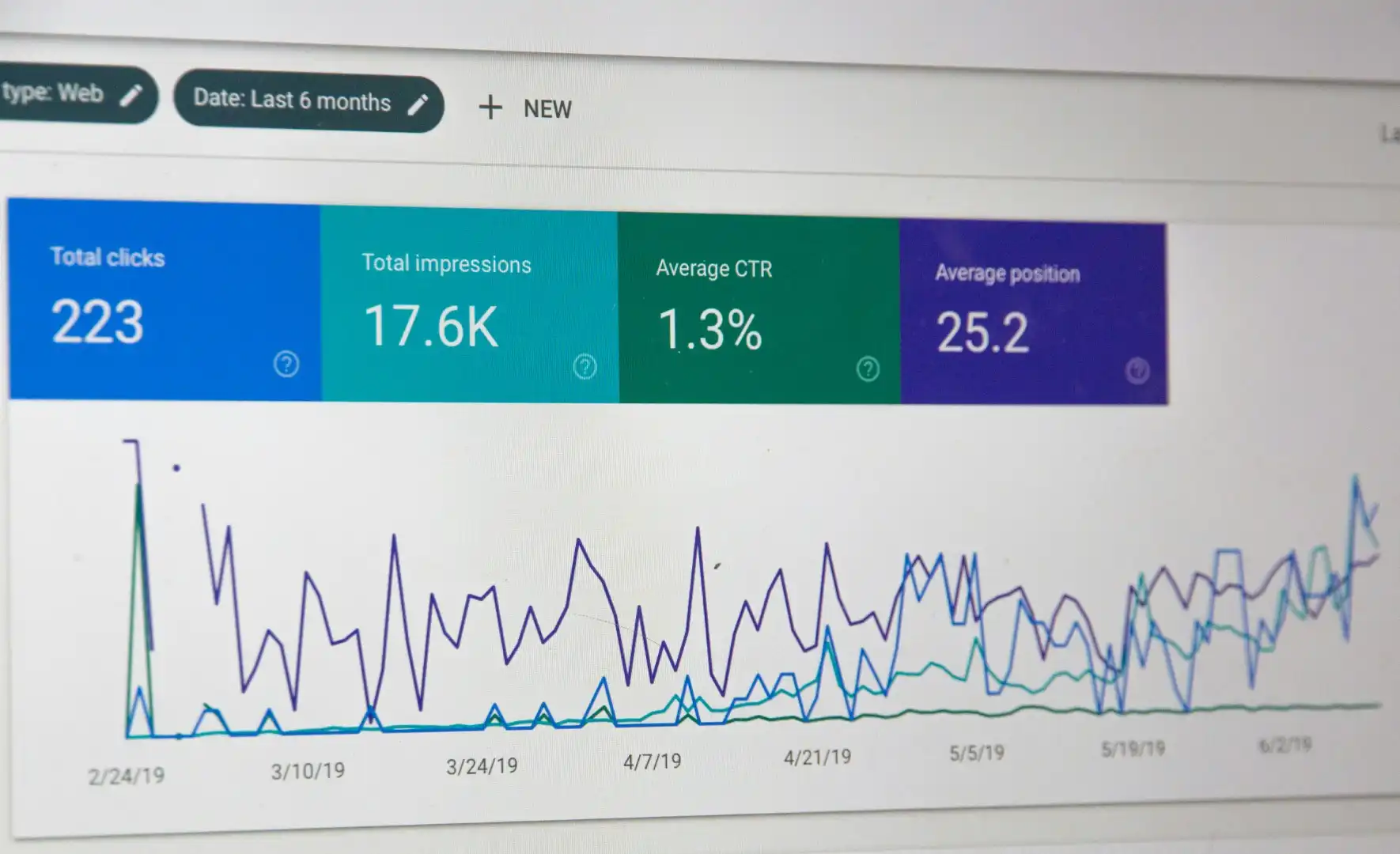Pay-per-click (PPC) advertising remains one of the most powerful ways for businesses to drive traffic, generate leads, and increase sales. For agencies, managing PPC campaigns effectively requires strategy, data analysis, and continuous optimization to ensure clients get the best return on investment (ROI).
Here’s a comprehensive guide for agencies to maximize PPC results in 2025.
1. Define Clear Campaign Goals
Before launching any PPC campaign, establish clear objectives:
- Increase website traffic
- Generate leads or sign-ups
- Boost e-commerce sales
- Promote brand awareness
Tip: Align campaigns with the client’s overall marketing goals and use specific KPIs to measure success.
2. Keyword Research and Targeting
Keywords are the foundation of PPC campaigns. Use tools like Google Keyword Planner, SEMRush, or Ahrefs to:
- Identify high-intent keywords
- Balance cost-per-click (CPC) with potential ROI
- Include long-tail keywords for niche targeting
Strategy: Continuously review keyword performance and refine targeting to reduce wasted spend.
3. Optimize Ad Copy
Compelling ad copy increases click-through rates (CTR) and conversion rates. Best practices include:
- Highlight unique selling points (USPs)
- Include strong call-to-actions (CTAs)
- Match the ad message with landing page content
Pro Tip: Test multiple ad variations using A/B testing to identify what resonates best with the target audience.
4. Landing Page Optimization
Even the best PPC ads fail if the landing page doesn’t convert. Ensure pages are:
- Mobile-friendly and fast-loading
- Clear and visually appealing
- Focused on a single goal with prominent CTAs
Tip: Use tools like Unbounce or Instapage to create optimized, high-converting landing pages.
5. Budget Management and Bidding Strategy
Managing PPC budgets effectively is critical. Agencies should:
- Allocate spend based on high-performing campaigns and keywords
- Use automated bidding strategies for efficiency
- Monitor daily and monthly budgets to avoid overspending
Pro Tip: Regularly adjust bids based on conversion data and competitive landscape.
6. Continuous Monitoring and Reporting
PPC campaigns require constant monitoring to maximize ROI. Track metrics such as:
- Click-through rate (CTR)
- Conversion rate
- Cost-per-conversion
- Quality Score (Google Ads)
Actionable Insight: Provide clients with transparent reports and actionable recommendations to demonstrate value.
7. Incorporate Retargeting
Retargeting helps capture users who previously interacted with your client’s website or ads. This strategy often results in higher conversion rates and improved ROI.
Strategy: Use retargeting ads across Google, Facebook, and Instagram to re-engage potential customers.
Final Thoughts
Effective PPC campaign management combines strategic planning, continuous optimization, and data-driven insights. For agencies, this means delivering measurable results, maximizing ROI, and providing clients with campaigns that drive growth.
By focusing on keywords, ad copy, landing pages, and performance monitoring, agencies can create PPC strategies that consistently outperform expectations.
.webp)



